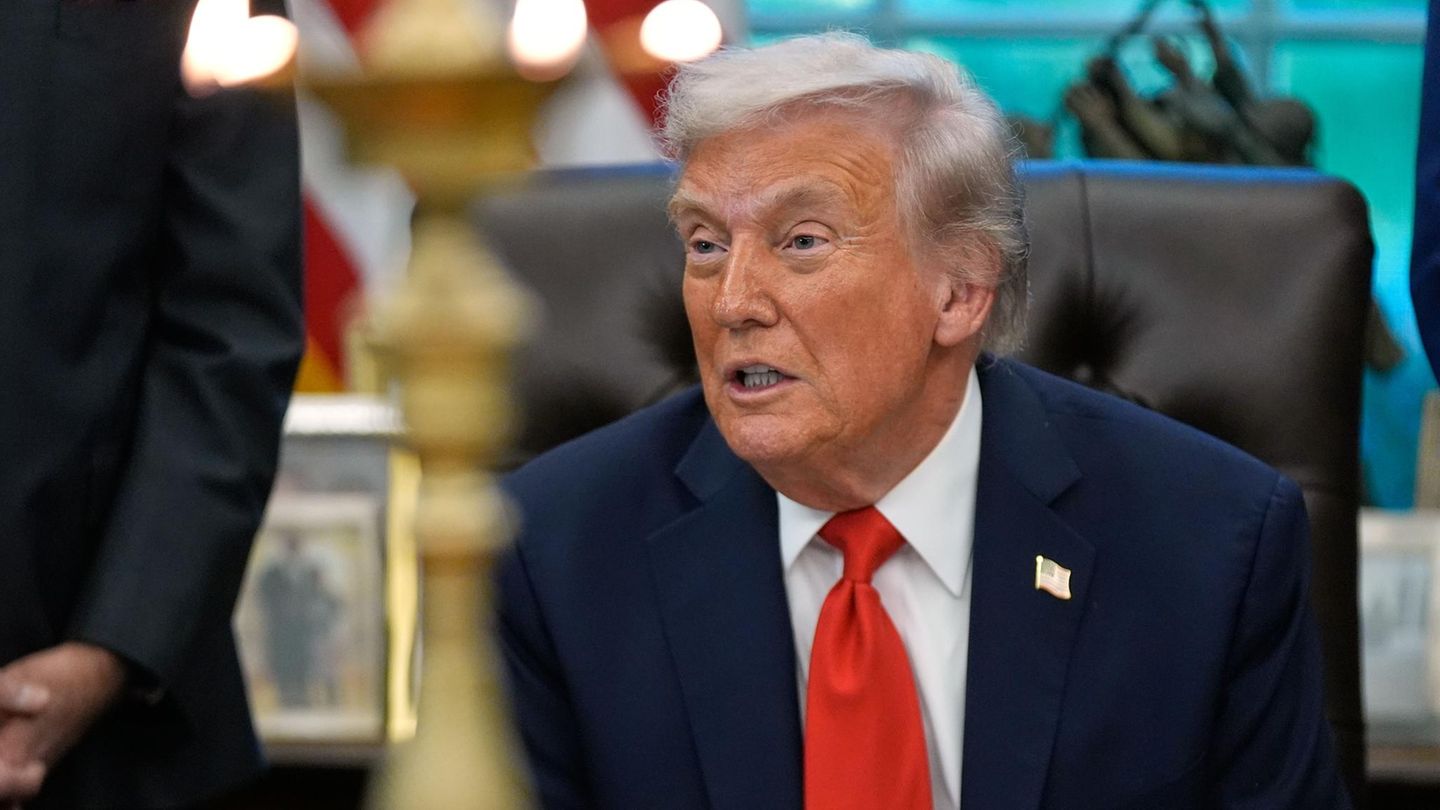A new wave of exchange traded funds (ETF) is allowing large holders of Bitcoin incorporate your digital fortunes into the regulated financial system, without having to sell them. This mechanism, promoted by giants such as BlackRockmarks a symbolic turn: the capital that was born to challenge Wall Street is now integrated into it.
The change was possible thanks to a regulatory modification introduced a few months agowhich first enabled so-called in-kind transactions for bitcoin products.
This type of operations, common in the ETF industry, allows transfer assets directly to the fund in exchange for shareswithout a sale. The result is tax neutral and turns a volatile digital asset into a recognized position within a brokerage account, with all the operational advantages that entails: it can be used as collateral, loaned or included in an estate plan.
BlackRock brings Bitcoin to Wall Street
BlackRock, leader in the management of these instruments, has already facilitated more than $3 billion in Bitcoin to ETF conversionsaccording to Robbie Mitchnickdirector of digital assets at the firm.
Other managers such as Bitwise Asset Management and Galaxy Digital also report growing interest from high-net-worth clients seeking to “institutionalize” their exposure to cryptocurrencies within safer and more efficient structures.
Mitchnick explained that large investors are discovering “the convenience of maintaining their exposure within their existing relationship with their financial advisor or private bank.” In other words, what was once a decentralized digital reserve is now transformed into a formal position on the balance sheet of a regulated institution.
bitcoin
Bitcoin ETFs like those from BlackRock offer multiple advantages for investors.
The trend reflects a notable irony in bitcoin history. Born as a tool to escape traditional finances, the cryptocurrency is being absorbed, step by step, by the very system it sought to challenge.
Cryptos adapt to the traditional financial system
The most pragmatic bitcoiners today recognize that certain advantages, such as ease of management, secure custody or access to creditcan only be obtained within the conventional financial framework.
Teddy Fusaropresident of Bitwise, illustrated the change with an example: “If an investor has one million dollars in a wealth management platform and another five million in bitcoin outside the system, they will be treated as a million-dollar customer. But if they transfer their bitcoins to an ETF within that same platform, their status changes completely.”
BlackRock’s Mitchnick said future regulatory clarity will expand the volume of these operations and attract big banks, which are already partially involved in creating ETFs.
Some investors, he added, are converting only a portion of your holdingswhile others “opt for a total transfer to the traditional system because it is the simplest way to manage their assets in the long term.”
For Wes GrayCEO of Alpha Architect, the evolution is almost poetic: “After a century perfecting the integration, access and security of the financial system, the largest holders of bitcoin are realizing its benefits. The great irony is that bitcoin was born to escape Wall Street… and now its biggest defenders are seeking to return to it.”
Source: Ambito
I am a 24-year-old writer and journalist who has been working in the news industry for the past two years. I write primarily about market news, so if you’re looking for insights into what’s going on in the stock market or economic indicators, you’ve come to the right place. I also dabble in writing articles on lifestyle trends and pop culture news.




